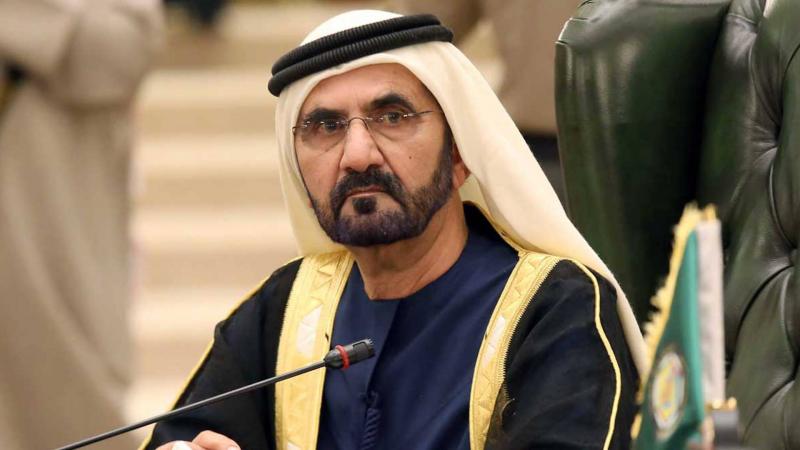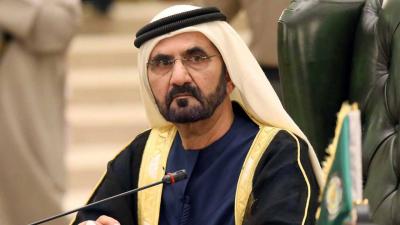The fifteenth of this month marks the birthday of Sheikh Mohammed bin Rashid Al Maktoum, Vice President of the State, Prime Minister, and Ruler of Dubai, may God protect him. Various media outlets have published extensive reports on this occasion, many of which emphasized that His Highness is "the owner of a unique leadership school, and he is also a model in future planning and building a renaissance."
Readers of these reports need only to reflect on the situation of the emirate of Dubai on the anniversary of its ruler's birth to discover that the development, renaissance, and modernization that the emirate has achieved are living testimonies to the realities described in the published reports. Personally, I have been following Dubai's ability to attract foreign investment and its capacity to become a destination for tourists constantly seeking suitable places that meet their demands. Tourists generally seek services and go directly to where they find them first, and then to where they find them at a level of sophistication not found in other destinations.
It will not require great effort for observers to see that Dubai has become a distinguished destination both for tourism and investment, which is evident from the published figures regarding the number of tourists who favor Dubai over other competing destinations. As for investment, you can notice its distinctiveness as a destination by monitoring the investment trends in nearly every field. The real estate investment, widely reported in the media regarding what is happening on the ground in the emirate, is just one of the investment fields that attract investors, ensuring they will find investment opportunities unavailable elsewhere.
What I have mentioned may be mostly taken for granted, simply because it is published every morning, and if you are passionate about following these matters, you will see the developments in tourism and investment before you. However, there is another very important angle to the matter, as it completes the picture and indicates that His Highness has been keen since Dubai took on its current shape to share his experience with anyone wanting to replicate it in their own regions.
Libya, during Colonel Gaddafi's era, had aspirations for something similar, but it could not realize them, perhaps because the necessary will was lacking at the time in Tripoli. It's likely that what intrigued Gaddafi's government in Tripoli also interested other governments in the region. Still, the issue was not merely about whether an Arab government was looking to replicate Dubai's experience or recreate its model on its soil; rather, it is about whether this desire is accompanied by determination and will. Otherwise, the subject remains within the realm of wishes without any reality.
The fundamental idea about Dubai is that it combines desire with will. When it wants to achieve something, it gathers the will that transfers it from the theoretical realm to the realm of action. If we were to speak in the language of the Greek philosopher Aristotle in this regard, we could say that the will transforms the desire of the Dubai government from potential existence to actual existence.
By Aristotle's logic, Dubai existed as an idea before the will was established; once the will was in place, it transitioned from the world of ideas to the realm of action that reveals itself to people. Aristotle emphasized this further by explaining that "for example, a piece of wood is a chair existing in potentiality, but it exists in actuality when a skilled carpenter transforms it into a chair with four legs."
Therefore, if someone wants to understand Dubai's experience, they must frame it within this Aristotelian context; otherwise, they will not penetrate its essence, which undoubtedly includes other secrets illuminating the experience and offering it to others at all times.




